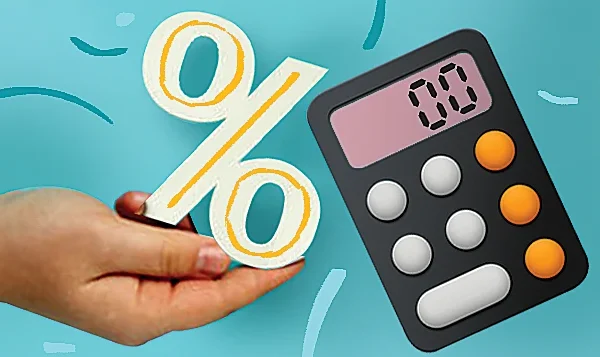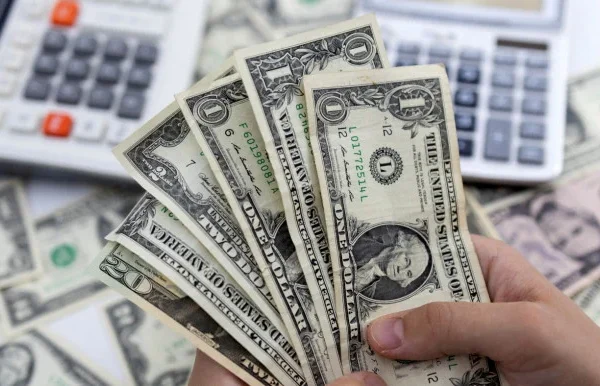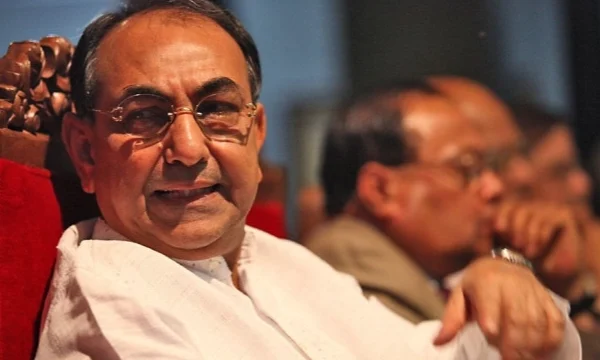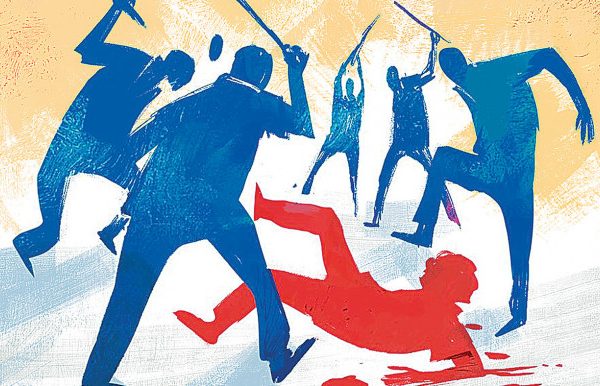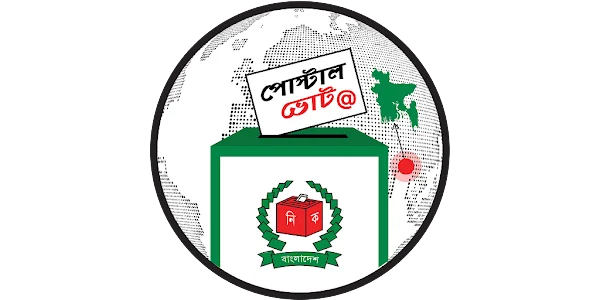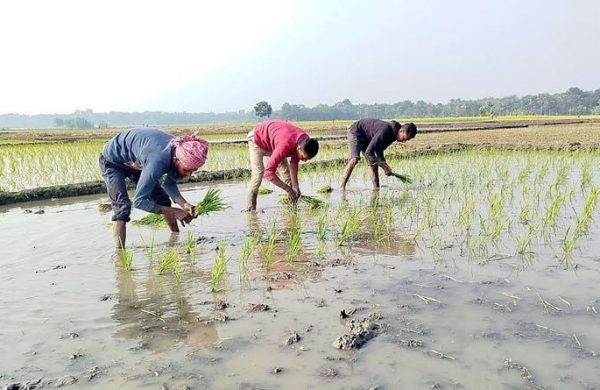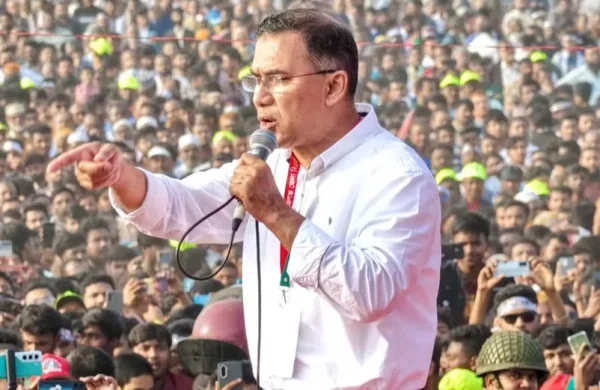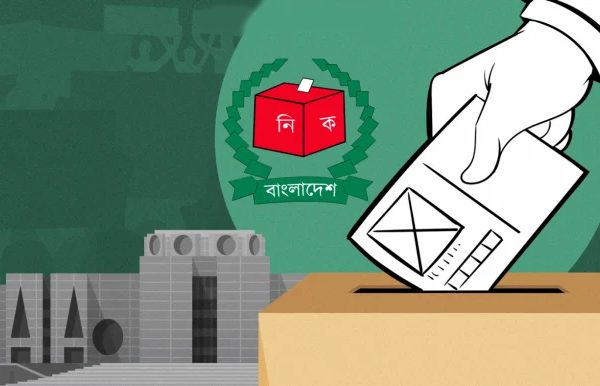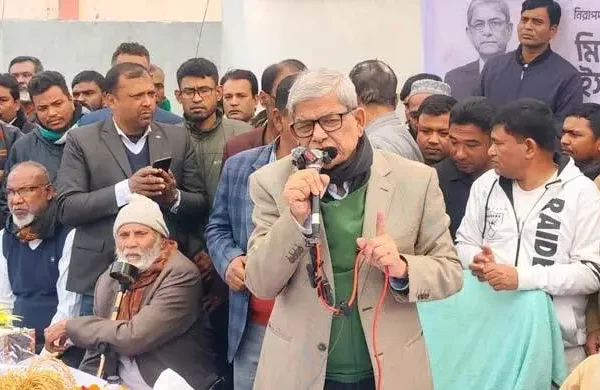September inflation drops below 10pc as govt measures show results
- Update Time : Thursday, October 3, 2024
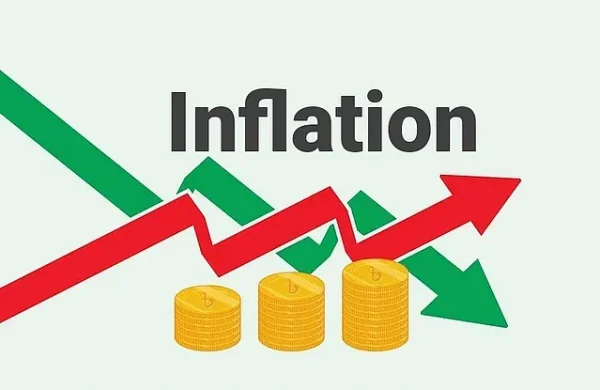
TDS Desk:
Inflation in the country dropped to 9.92% in September, down from 10.49% in August, marking the second month in a row that inflation has decreased following a 13-year high of 11.66% in July, according to the Bangladesh Bureau of Statistics .
Experts credit the decline to several key measures implemented by the interim government, which include student-led market monitoring initiatives in Dhaka and reductions in import duties on essential commodities such as onions, potatoes, and eggs. The government’s efforts aim to address supply chain disruptions caused by ongoing floods and stabilise food prices.
Additionally, the current administration has prioritised transparency in inflation reporting, with officials suggesting that previous inflation figures may have been underreported.
Economists and policymakers are now seeing the impact of these strategies, which have helped curb food inflation and improve price stability in rural areas.
For several years, economists had raised concerns about the accuracy of inflation data published by the BBS, suggesting that the actual inflation rate was likely higher than what was being reported by the government.
However, since the interim government came to power, the inflation picture has changed significantly.
In July, inflation saw a sharp rise, reaching a 13-year high of 11.66%, which sparked significant concern.
Policymakers in the current government claim that the BBS is now releasing accurate and transparent inflation data. They suggest that the previous administration may have underreported inflation figures.
The interim government has emphasised that its approach to transparency has led to more accurate inflation statistics, helping to provide a clearer understanding of the country’s economic challenges.
Food inflation in September fell to 10.40%, down from 11.36% in August, while non-food inflation also saw a slight decrease, dropping to 9.5% from 9.74% in the previous month.
Rural areas experienced a significant drop in inflation, falling to 10.15% in September from 10.95% in August. However, inflation in urban areas increased slightly to 10.38%, compared to 10.01% in August.
Despite the overall decrease in inflation, many people, especially those with fixed incomes, are still struggling to keep up with rising prices. The BBS report also showed that wages for unskilled workers have seen a slight increase, with the wage rate index rising to 8.01%.
Dr Abdur Razzak, chairman of the Research and Policy Integration for Development (RAPID), told the Daily Sun that the interim government’s efforts are starting to show results. He noted, “It usually takes 6-8 months to see a significant drop in inflation, but the current policies are already showing results. We expect inflation to decrease further in the coming months.”
Finance and Commerce Adviser Dr Salehuddin Ahmed recently told reporters, “Inflation will come down in a rational time. It is difficult to control inflation immediately, but some positive changes, like the reduction in rice and vegetable prices, are already visible.”
He also emphasised the need to improve production and supply chains in agriculture, fisheries, and livestock to address inflation challenges.
Dr Salehuddin highlighted the importance of continued efforts and careful coordination between fiscal and monetary policies to ensure inflation is controlled in the long term.
Towfiqul Islam Khan, senior research fellow at the Centre for Policy Dialogue (CPD), told the Daily Sun, “Since the current government assumed office, extortion has reduced to some extent, although one group has simply replaced another, leading to a slight decrease in product prices.
“However, inflation remains high, hovering around 10%, and must be reduced further as low-income people are still struggling significantly.”
He emphasised the need to expand TCB’s (Trading Corporation of Bangladesh) product distribution, which has already started in a limited capacity, and suggested verifying whether the one crore individuals receiving support through cards were properly selected.
To further reduce inflation, Towfiqul stressed that the government should implement strict monitoring policies, enhance data transparency, and provide support to boost production.
He also highlighted the need to expand social safety net programmes, facilitate the import of essential goods, and strengthen market monitoring efforts.



